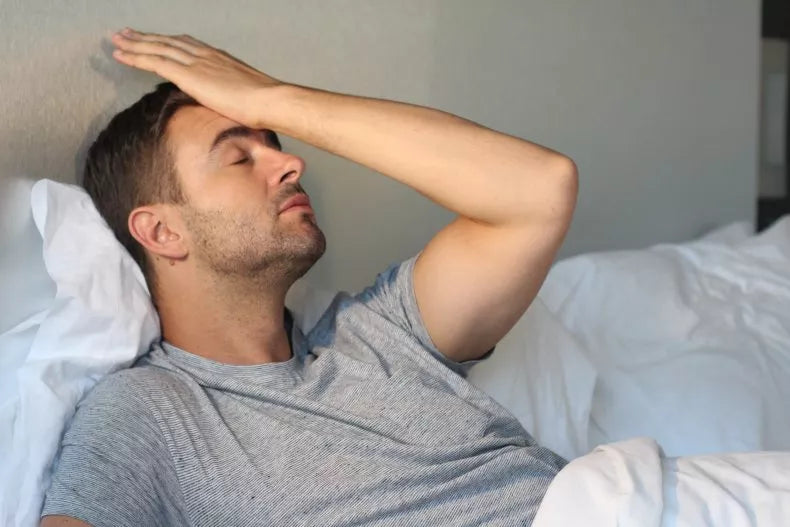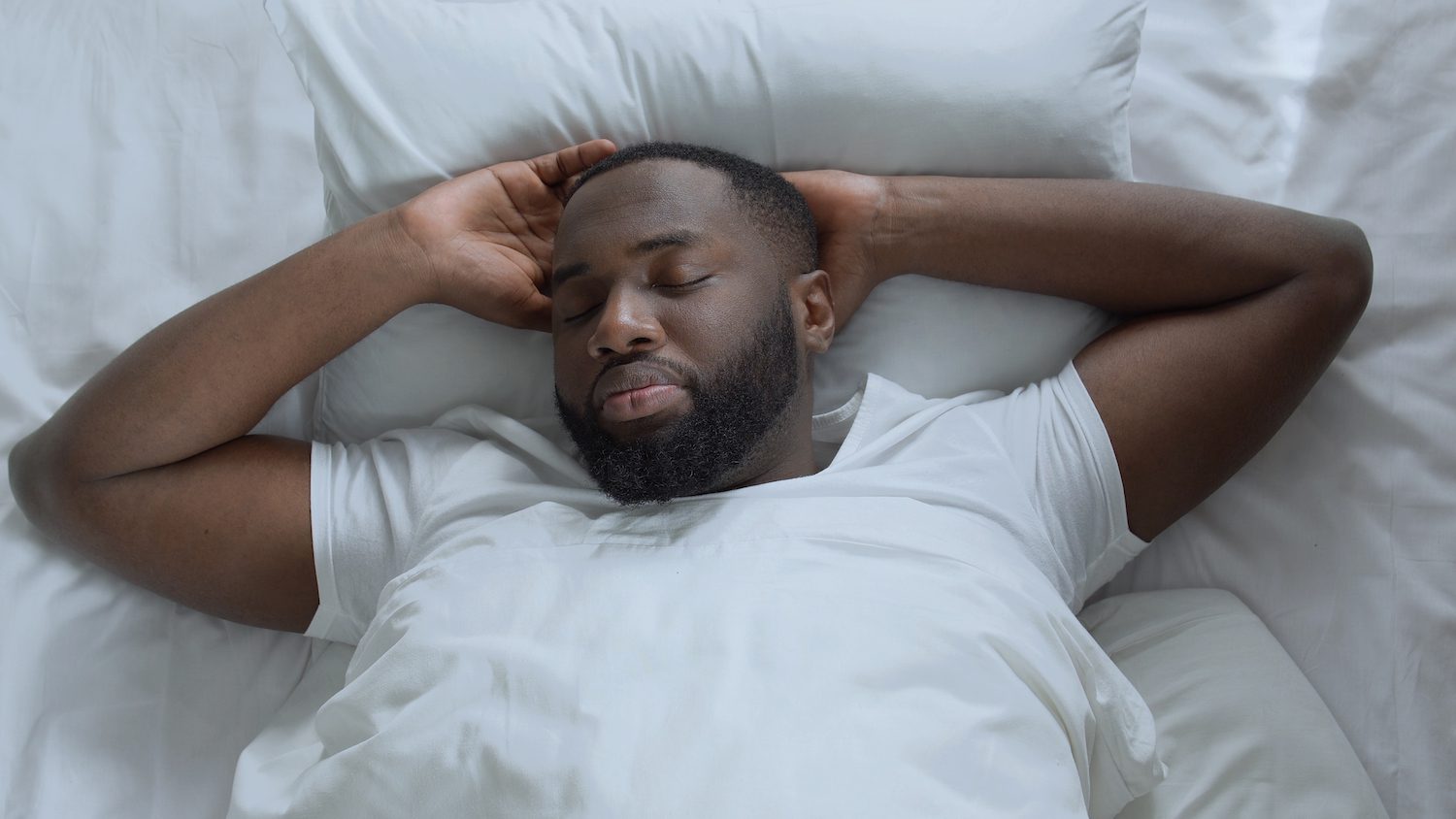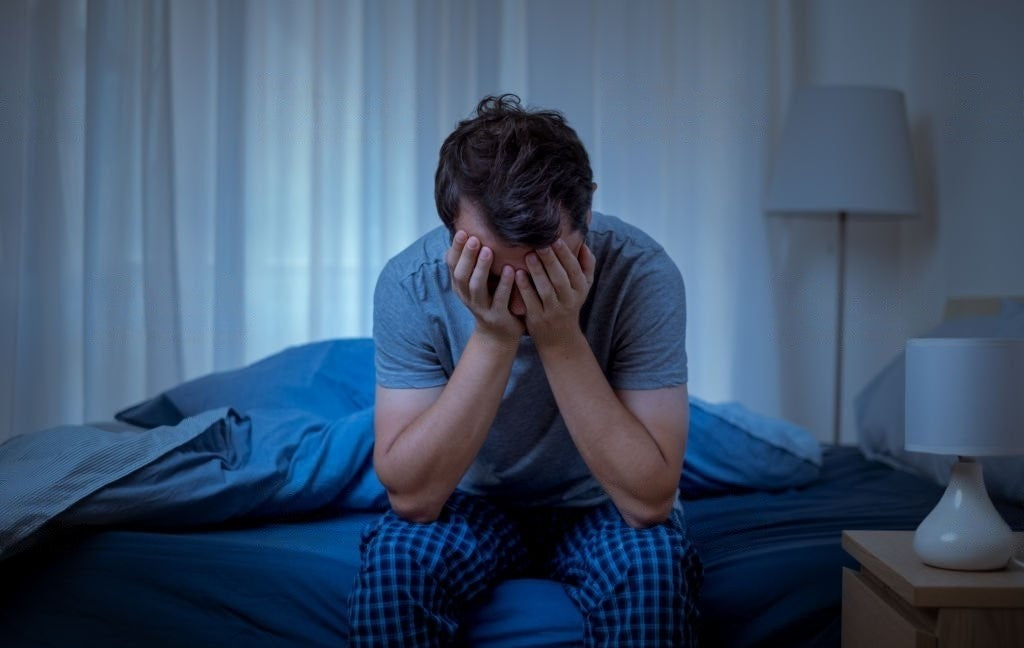
- by Cirkle Street
Night Sweats in Men and How to Manage Them
- by Cirkle Street
Night sweats are episodes of excessive sweating that occur during sleep, leading to discomfort and frequent awakenings. While everyone experiences occasional sweating at night, persistent night sweating in males can indicate an underlying health issue. This blog will explore common causes of excessive sweating in males, how it affects health, and natural treatments for night sweats.
Understanding the potential reasons behind night sweats in men is crucial for effective management. Here are some common causes:
1. Hormonal Changes
Hormonal fluctuations, particularly a decline in testosterone levels, can lead to night sweating in males. This is often observed during andropause, the male equivalent of menopause, where hormonal shifts can cause various symptoms, including night sweats.
2. Medical Conditions
Several medical conditions can trigger night sweats. These include:
3. Medications
Some medications, such as antidepressants, hormone therapies, and medications, can have side effects that include night sweats. If you suspect your medication is contributing to sweating around the neck and chest at night male, consult with your healthcare provider.
4. Lifestyle Factors
Lifestyle choices can also influence night sweats. Factors
such as:
5. Sleep Environment
Your sleep environment plays a significant role in how much you sweat at night. A warm room, heavy blankets, or synthetic sleepwear can trap heat and lead to increased sweating.


It’s crucial to know when to seek medical attention for night
sweats. Consider contacting your doctor if you experience:
These could indicate a more serious underlying health issue
that needs to be addressed.
If you’re struggling with night sweats in men, there are several management strategies to consider. Here are some practical tips:
Creating a cool sleep environment can help reduce sweating. Here are some ways to optimize your sleep space:
What you eat can significantly impact your night sweats. Consider these dietary changes:
Stress is a known trigger for night sweating in males. Practicing relaxation techniques can help:
Mindfulness and Meditation: Engaging in mindfulness practices can lower stress levels and improve sleep quality.
Exercise: Regular physical activity can reduce stress and promote better sleep, but try to avoid intense workouts close to bedtime.
Several natural treatments may help alleviate night sweats. Here are some options to consider:
If your night sweats persist despite lifestyle changes, it’s essential to consult a healthcare professional. They can help determine if an
underlying medical condition is contributing to your symptoms and recommend appropriate treatments or therapies.
Night sweats in men can be uncomfortable and disruptive, but understanding the causes of night sweats in men and implementing
effective management strategies can make a significant difference. By making lifestyle adjustments, exploring natural treatments, and consulting with a healthcare professional, when necessary, you can regain control over your sleep and overall well-being.
Additionally, incorporating supplements into your routine can be beneficial. There are many products known for its cooling properties and may help manage body temperature, potentially alleviating night sweats. Two popular products by Cirkle Street is Macha, Force One, is designed to support overall health and enhance energy levels, making it a great addition to your wellness regimen.
If you’re experiencing persistent night sweating, don’t hesitate to seek help. A well-informed approach can lead to better management
and improved quality of life.